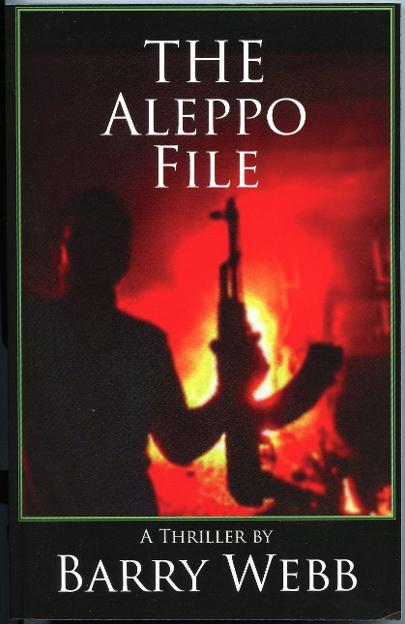WHAT IS A THRILLER?
The thriller genre is an umbrella term that covers numerous subgenres. There are the "romantic" thrillers (think the movie "romancing the stone"), the spy thrillers (James Bond and clones), and the Political Thrillers (Brad Thor). Then there are the horror thrillers (think Steven King, Dean Koontz, etc.), the scientific thrillers (think Michael Crichton, and James Rollins), and the military-techno thrillers (Tom Clancy and clones). There are the "killer" thrillers (James Patterson and clones), the "slashers" (Chain Saw Massacre, etc.), and possibly other subgenres I've missed. There are historical thrillers (thrillers where all the action is set in historical eras), and the historical/archaeological thrillers (thrillers set in current or near current times, but which draw upon archaeology and/or some historical event as the launching point for the story).
Many writers will mix two or more of these subgenres. James Rollins, for example often draws upon history and/or archaeology and mixes it with his scientific interests to create his best sellers. Steve Berry also likes to draw upon history for the foundation of his current events/political thrillers. Brad Thor usually has a heavy SEAL/military/special ops component to his political thrillers, and so on. As a reader, I tend to prefer thrillers that mix the history and/or archaeology and/or science with the spy and political thriller elements. Consequently, that's what I tend to write as well.
DIFFERENCE BETWEEN A THRILLER AND A MYSTERY
Often, "book professionals," that is agents, editors, publishers, book store owners, and marketers, place the Thriller in the same category as the Mystery. And, yet, there is a world of difference between the two. That major difference is that in a mystery neither the reader, nor the protagonists (usually a detective, private investigator, sheriff, or some other law enforcement person) know who the murderer/antagonist/bad guy is. The plot is based on how the protagonist discovers all the clues, begins to connect the dots, and then, in the end learns who the "bad guy" is (which he/she learns at the same time that the reader learns), and then catches or kills said "bad guy."
A Thriller works just the opposite. Both the reader and the protagonist(s) will know within the first few chapters, and sometimes even in the prologue, if there is one, who the "bad guy/girl/antagonist is/are. The plot is then based on how the protagonist(s) is/are finally able to catch/kill the bad guy(s) and/or girl(s). The tension is thickened by the various kinds of obstacles the protagonist(s) and/or their allies have to overcome to reach their goal, how close to failure and/or death they come, along with whatever cinematic thrills, chills, and kills, the author can think of to pour into the novel.
Another major difference is that a mystery is almost always written in 1st person POV, and that POV will be the only one the reader is exposed to throughout the novel. The vast majority of the better thrillers are written in multiple 3rd omniscient POV, including dipping into the mind of the antagonist(s) as well as the protagonist(s). In this way the author can cue the reader into developments, and foreshadow things, that the protagonist(s) does not know is coming. This can increase tension in the story line.
In addition to having multiple points of view, a Thriller might even use some inanimate entity as the primary antagonist, or "bad guy." This inanimate entity might be an asteroid aimed at hitting the earth, a super nova threatening all life, a weird disease such as Ebola, or even an ideology in which various individuals in the story act out their parts as servants to that ideology, usually some sort of totalitarianism. Such was the case in "The Jericho File," the novel that preceded this one in the Matt Nolan series. It will also be the case in the novel to follow this one.
All of that being said, Thrillers can often include a mystery that has to be solved before the protagonist(s) can catch/kill the antagonist--or be added as a subplot. The better thrillers also include one or more subplots that in someway will dovetail with the main plot before the story ends.
